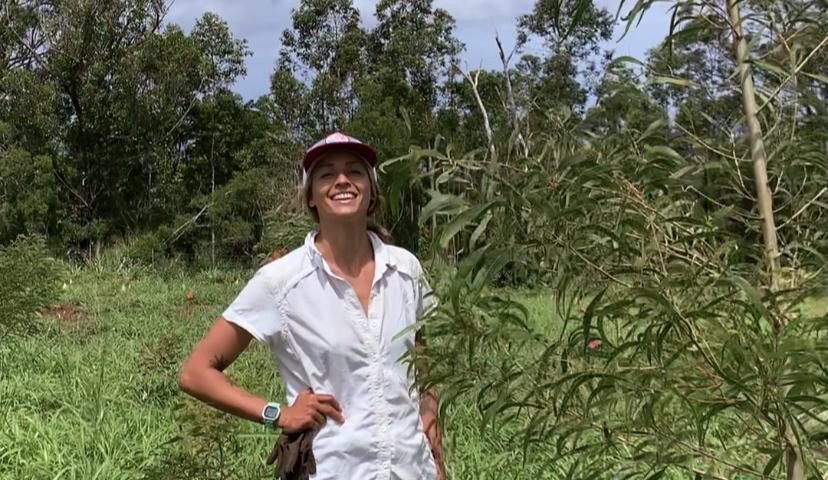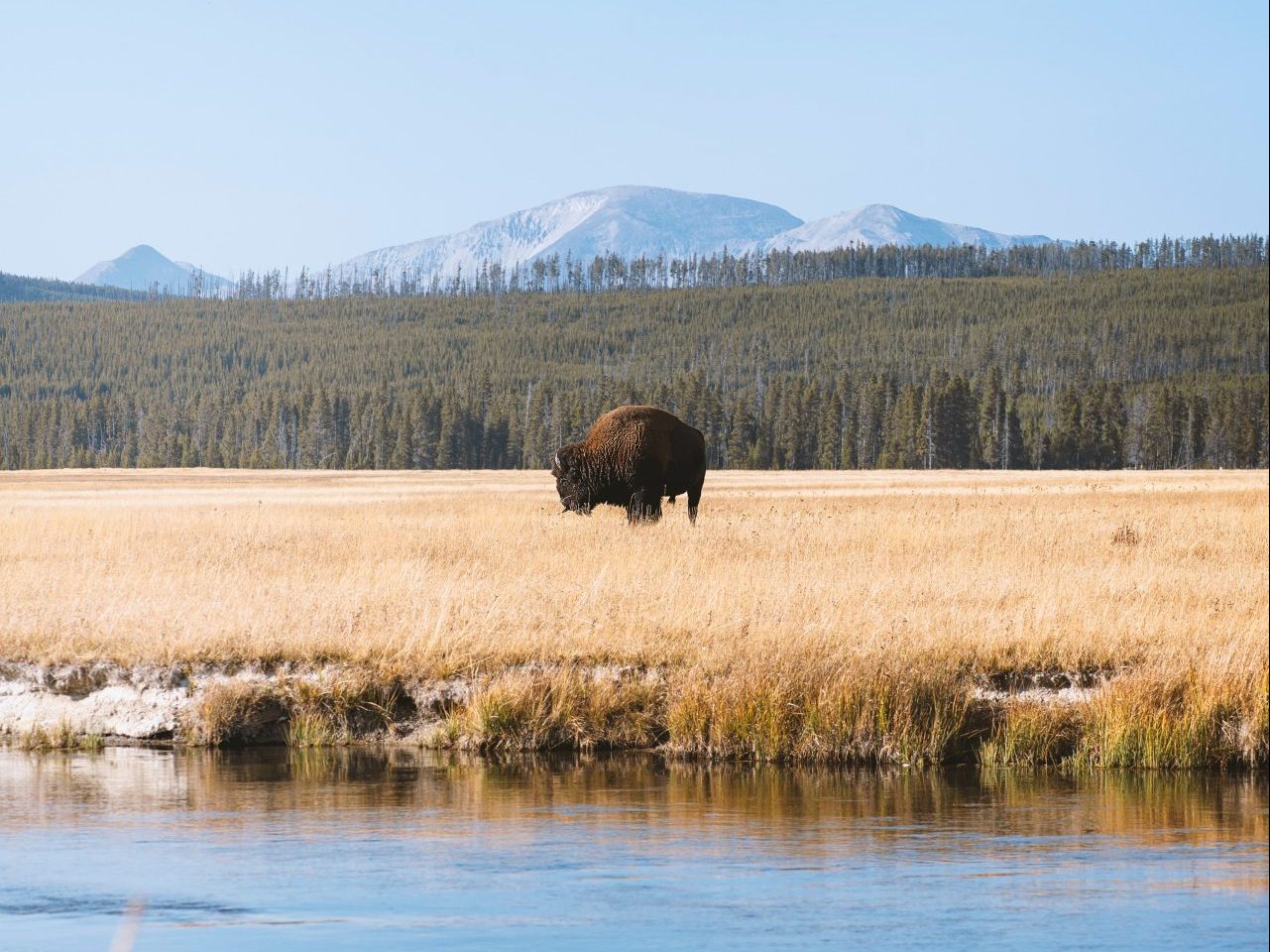
Can Climate Resilient Restoration be Adapted to Tribal Lands Following NRD?
December 9, 2021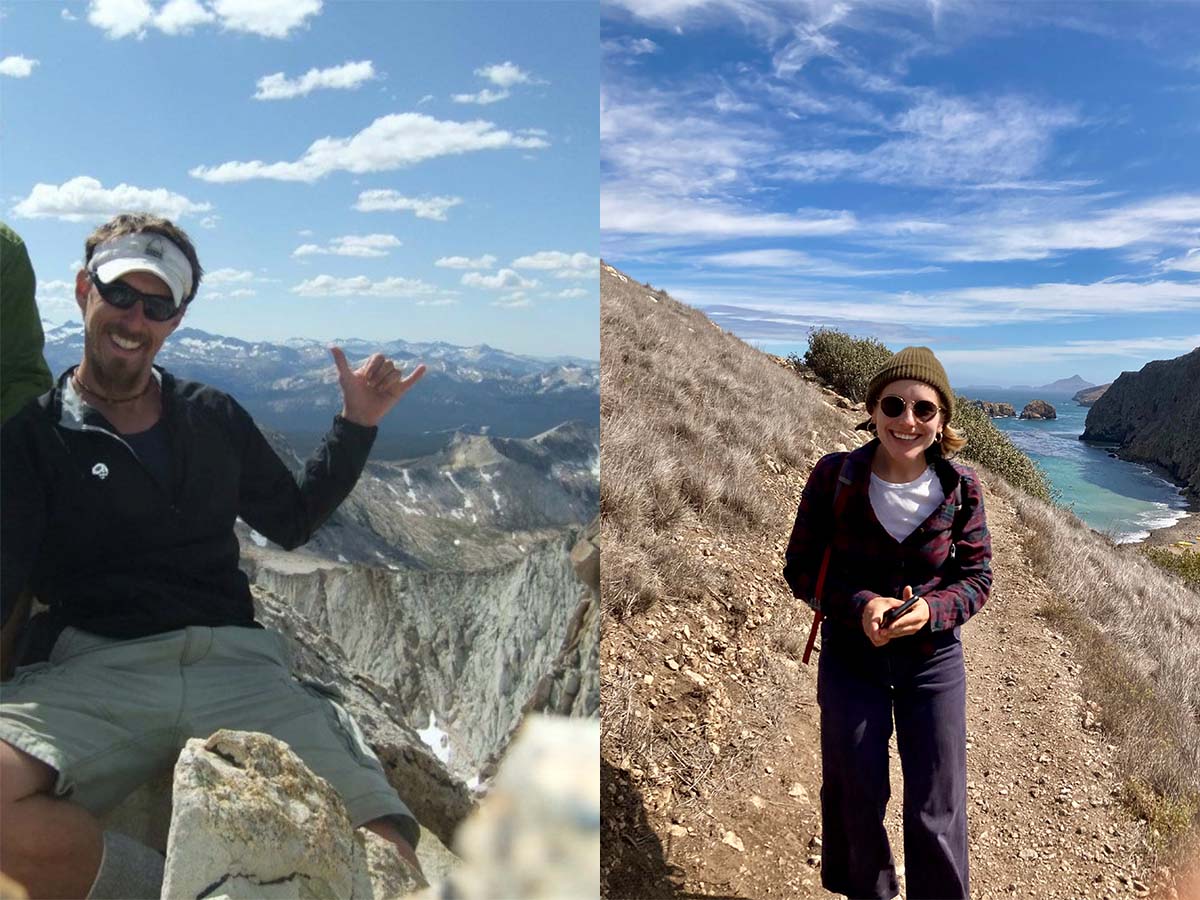
Great Ecology Welcomes New Affiliates
December 14, 2021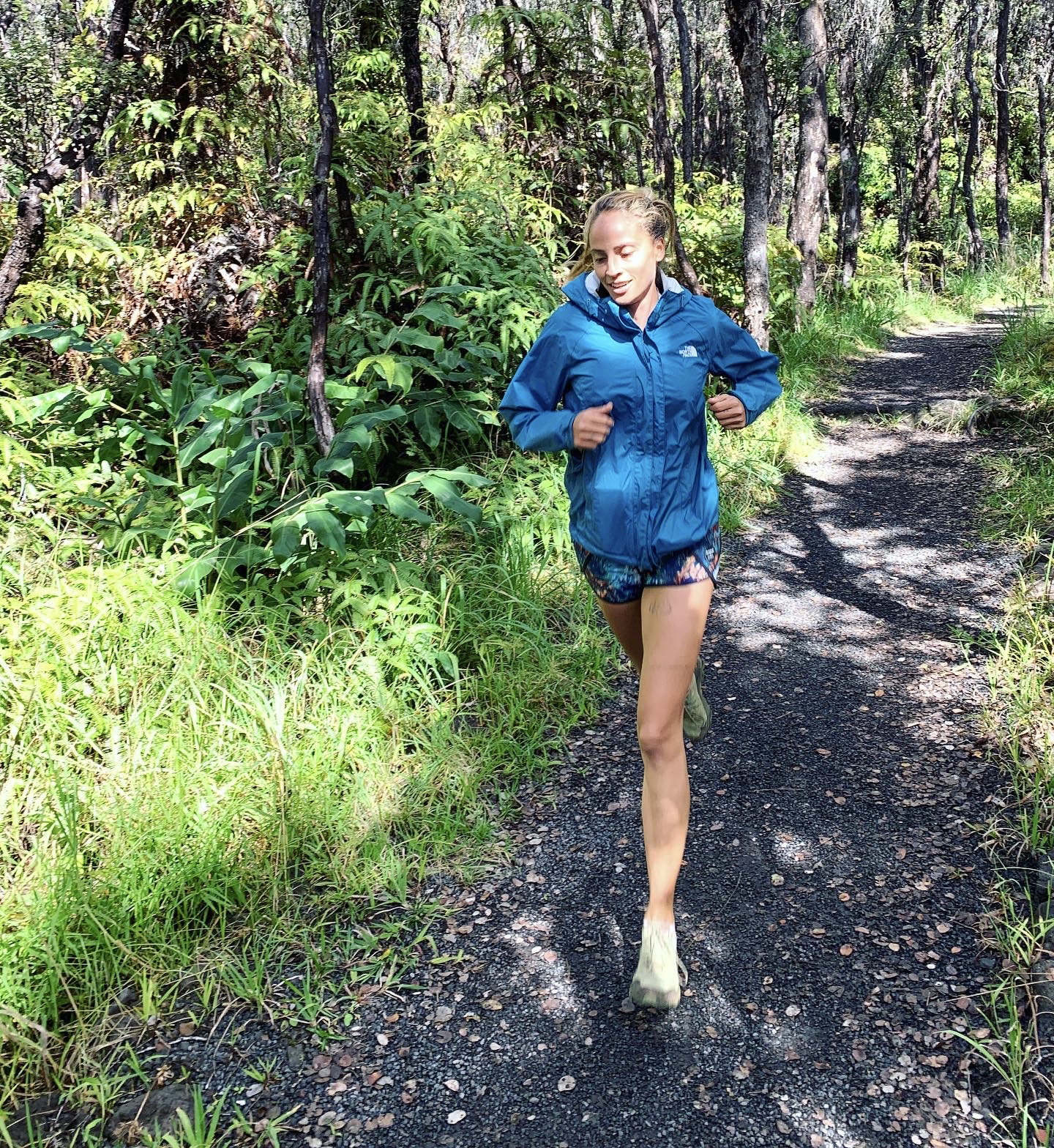
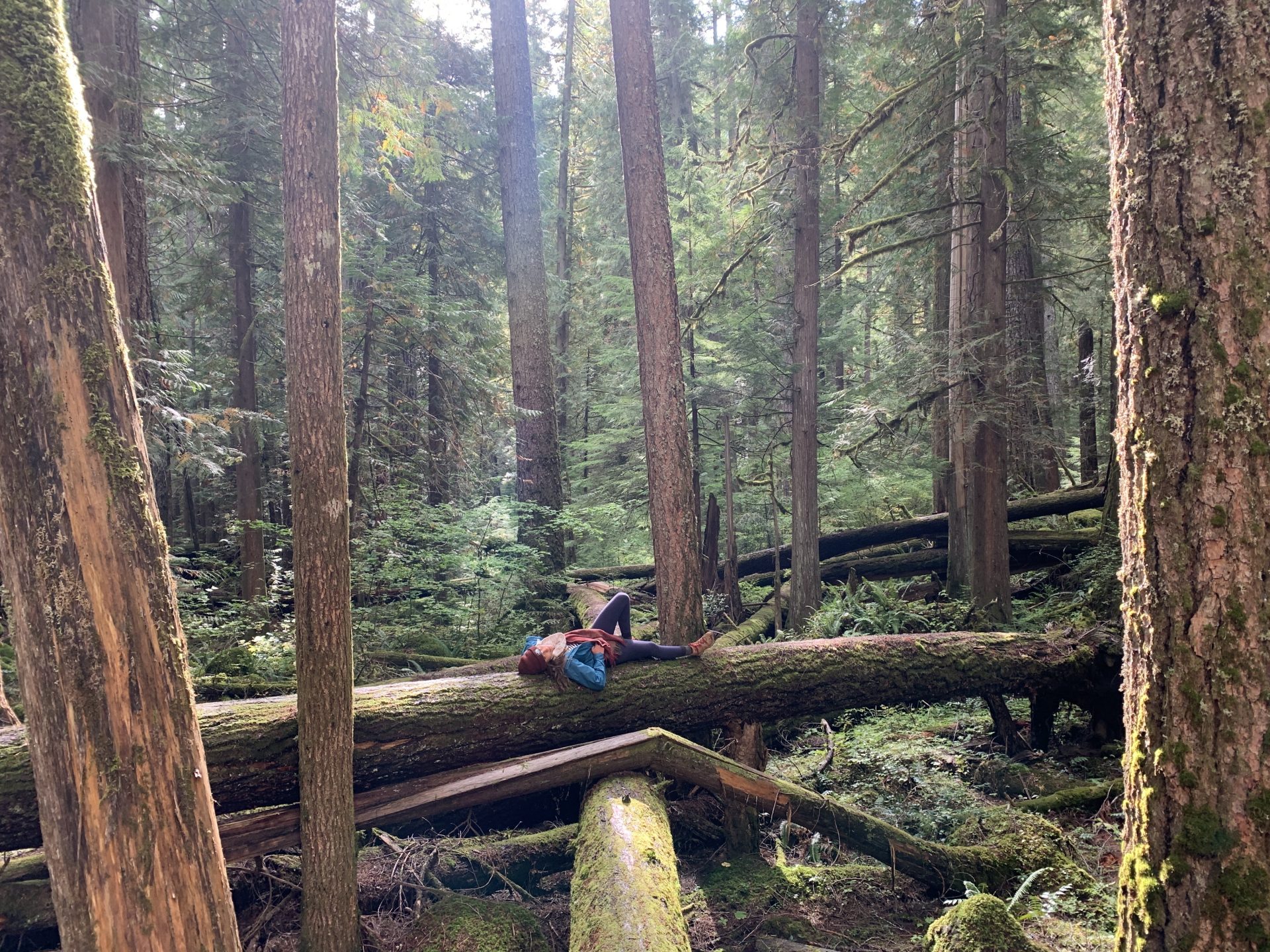
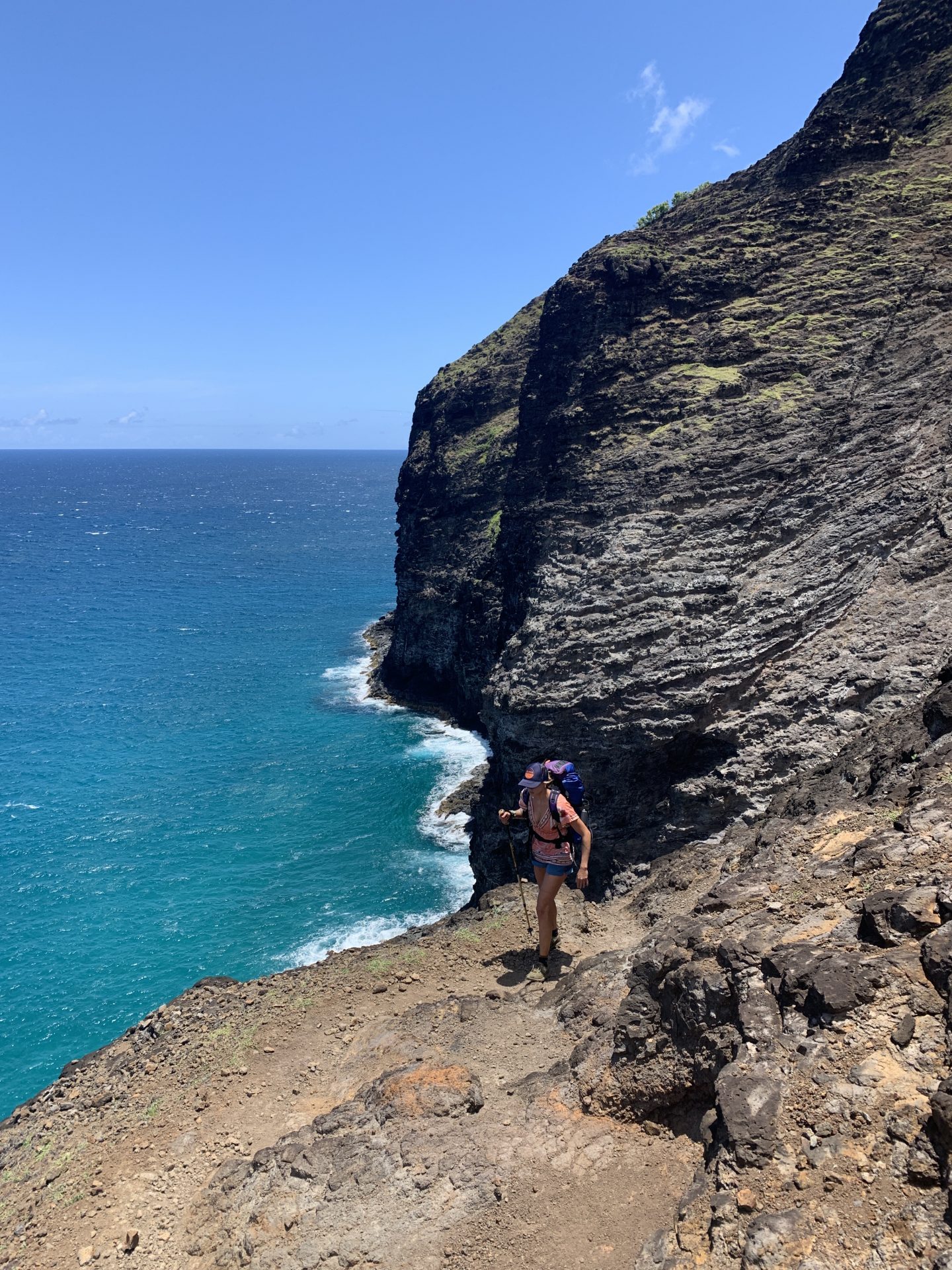
Featured Ecologist: Thea Lemberger, MS
Who or what inspired you to become an ecologist?
As my career blossoms as an ecologist, the sources of inspiration are everchanging. The onset, however, was sparked through reflection and introspection. My desire to reinvent myself from an athlete, to scientist, lead me down an extensive, soul-searching path. Recognizing passion as one of my core values, I thought long and hard about what fired me up most in the world. Thinking back to my youth, fantasizing about the other worldly experiences that natural places seemed to unleash, and remembering family camping trips to Yosemite, kern river, and throughout Angeles National Forest, ignited my hunger to re-engage with academia to explore the environmental crisis and contribute to global change. So, much of that should be credited to my mum for orchestrating those experiences and imprinting those memories. Once I got to Oregon State, I was inspired by the interdisciplinary coursework and the professors that mentored me—about nuanced complexities of forest ecosystems, radical ecology, anthropogenic impacts on climate change, and the different approaches to environmental knowledge and management in Oregon and all around the world.
You're new to Great Ecology, what are you most looking forward to in your role? Why?
I am most looking forward to understanding and enhancing California’s natural ecosystems. There is so much we can learn through spiritually connecting with nature and seeing ourselves as part of the natural world. As a native of California, I am excited for this new role as an ecologist working in the San Diego office, to learn and collaborate with our excellent executive and environmental team!
If you had free reign and unlimited resources, what environmental issue would you most like to tackle?
Deforestation! …Which of course is tied to biodiversity loss. A large amount of deforestation is explained through tradeoffs for resources and space—I would like to see more of a handshake between accountability and creativity to account for displacing natural areas. Land use is a multi-faceted topic, that is coevolving with population rates, and perspectives on development. I am biased, toward forest conservation, but I would invest in ‘conservation innovation’ –ways to conserve in a progressing, developing, world.
Do you have any advice for people considering a career as an ecologist?
An ecology analogy that comes to mind is…when starting out in your career, be in the phylum Porifera, a sponge species! Sponges are immobile aquatic invertebrates, that have strong skeletal structures that help them withstand the high volume of water that flows through them each day. They use flagella (hair like structures) to filter and receiving food and oxygen. Be a sponge to the knowledge and people around you and when there is information missing, reach out to new people and explore new ideas. Taking on an ecological approach to environmental challenges can be overwhelming—take on the mindset of moving water, move with ease with the flow around you!

